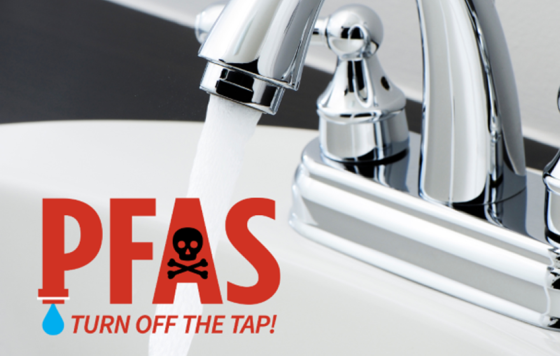
- by 2026, at least fifty per cent 55 of such cars and light duty trucks shall be battery electric vehicles,
- by 2028, at least seventy-five per cent of cars and light duty trucks shall be battery electric vehicles, and
- by 2030, one hundred per cent of cars and light duty trucks shall be battery electric vehicles.
- by 2024, the state shall cease to procure, purchase or lease any diesel-fueled transit bus.
The bill also authorizes the CT Department of Energy and Environmental Protection to adopt the California low emission standards for heavy and medium duty trucks. Under the federal Clean Air Act, states have the option of adopting federal EPA emission standards or adopt those passed in California. Since California’s emission standards are lower and more health protective, Connecticut’s new law will significantly reduce toxic emissions from trucks.
Senate Bill 10: requires that no later than January 1, 2040, all electricity supplied to the state must be from renewable energy sources, reducing greenhouse gas emissions from electricity to zero.
Senate Bill 176: expands commercial shared solar.
These initiatives will go a long way to dramatically reduce greenhouse gas emissions that are contributing to climate change and puts Connecticut on a path to a more sustainable, healthy future. Clean Water Action was proud to be part of the coalition that worked together to get these bills signed into law! Special thanks to every Clean Water member and supporter who reached out to their legislators on these important bills. We can only win with strength in numbers!
What’s next? We continue to work with CT Department of Energy and Environmental Protection on the implementation of the PFAS Action Plan and will begin strategizing on even more comprehensive measures to restrict the use of these harmful chemicals in consumer products. Stay tuned for updates over the next few months and get involved! Support our work here and join our email list here.



